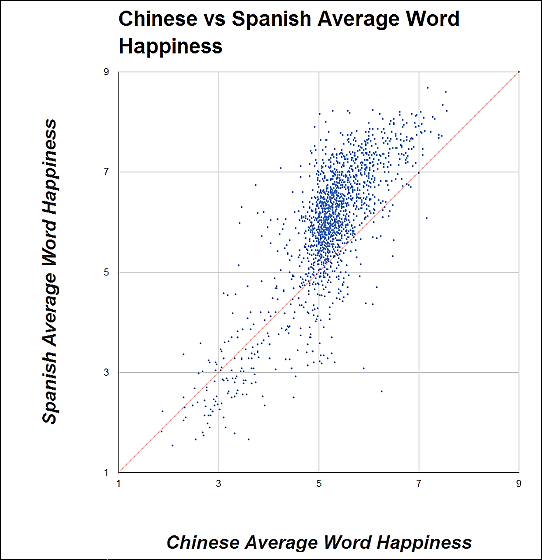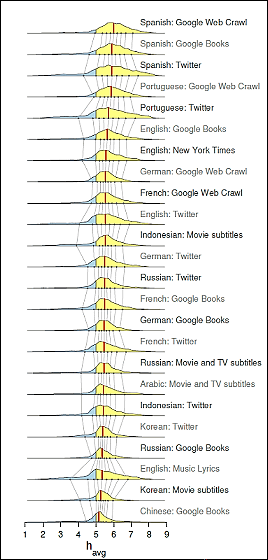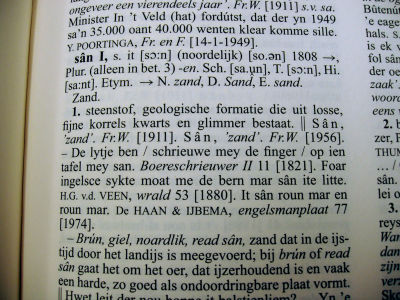Human language turned out to be biased to happy one

ByBrett Davies
The phenomenon that "positive words are stronger than negative words" influences "Polyanna effectIt is known as. this isElena · Hogman · PorterAlthough it is a psychological phenomenon attached from the character of the novel, when a computational linguist surveyed languages of countries around the world, it turned out that all languages were made with a bias in happy direction.
Human Language Is Biased Towards Happiness, Say Computational Linguists - The Physics arXiv Blog - Medium
https://medium.com/the-physics-arxiv-blog/data-mining-reveals-how-human-language-is-biased-towards-happiness-773df682c4a7

Vermont University Computational Linguistics LaboratoryResearchers Peter Dottz 's research team has been working from 24 different languages such as English, Spanish, French, German, Brazilian, Portuguese, Korean, Chinese, Russian, Indonesian and Arabic Extract the most commonly used 100,000 words. And we investigated the frequency of words with positive / negative meaning.
Next, call each native speaker, investigate how each word is felt as "most negative" "sad" to "most positive" "happy", and by 5 million answers Create a database that collects impressions of words. I rate that one word at a time from there, and investigated the frequency of affirmative / negative in each language. As a result, all languages are biased towards positive words, and when sorting the list, Spanish is most positive, followed by Portuguese, then the third in English It was. The language with the least positive word is Chinese.

Also, interesting differences were found in several languages in this study. For example, when rating the happiness level of each word from 1 (negative) to 9 (positive), the happiness degree of "Gift" meaning "gift" in English is regarded as a positive word at 7.72 points . Meanwhile, "Geschenk" having the same meaning in German is regarded as having a slightly negative meaning, 3.54 points. Although the degree of affirmation / denial is different for each language like this, the question that "Why Spanish is the happiest and Chinese is not happiest?" Will be revealed in future research, "The research team says.

Mr. Dots' research suggests that a combination of data mining and crowdsourcing has been an effective tool for psychology and linguistics and boosts the Polyanna effect that was not considered a decision fact for a long time It is a meaningful research result.
Related Posts:
in Science, Posted by darkhorse_log







